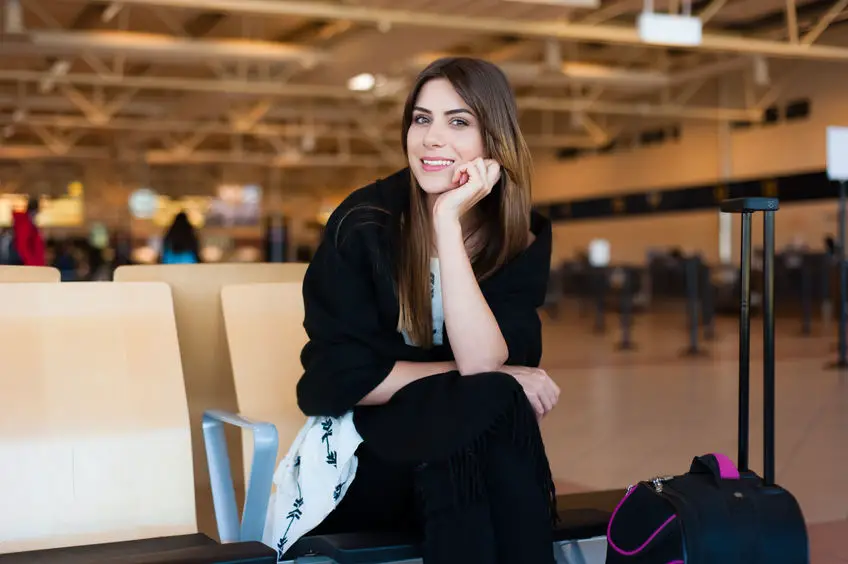You Can Still Make Money on an Overbooked Flight
Overbooking is the practice of airlines selling more tickets to a flight than they actually have seats for, because they forecast that not everyone will show up. It helps them to achieve full capacity on their flights and thus generate more revenue. The downside is that their forecasts aren’t always spot on, and they might end up having one too many or a few too many passengers and not enough seats for them. When this happens, they offer an incentive to be re-booked on a later flight. If their offer receives no takers, then someone is going to be re-booked to a later flight involuntarily and be given the incentive whether they like it or not.
Purposely booking a reservation on a flight that is likely to be overbooked makes a lot of financial sense for some people. If you can tolerate the inconvenience of being placed on the next flight to your route, you will be paid via a travel voucher or gift card for the hassle. Think about it. Let’s say you are a college student that can either go home for winter break anytime between 3 pm on Thursday and 12 noon on Friday without it really affecting you that much. You are done with finals, you have a dorm room to sleep in Thursday night if necessary and you don’t have any plans back home until Friday evening. If the flights are all priced about the same, then why not pick the flight that is the most likely to be overbooked and thus lead to a $300 travel voucher that could fund your Spring Break trip?
The practice of overbooking came into the spotlight in a very negative way in 2017 when Dr. David Dao refused to give up his seat on an overbooked United Airlines flight. Police then dragged him off the flight, and he received a broken nose, lost two teeth and became concussed. He then received a settlement from United Airlines that likely was many, many multiples higher than your typical travel voucher. Many airlines voluntarily changed their practices and the US Transportation Department changed some of the rules around bumping passengers. They have greatly reduced overbooking or eliminated it altogether. They’ve also improved their data science practices to better forecast how many people will show up for a flight. The amount of passengers getting involuntarily bumped has plummeted. Delta Airlines involuntarily denied boarding to 679 passengers in the first 9 months of 2017; in 2018 it was down to 22 (a 97% drop). JetBlue, United and Hawaiian have all had 90+% drops. Southwest and American have had 70+% drops.
Just read the comments in a typical article and people are celebrating the change while calling airlines greedy or worse for ever participating in overbooking to begin with. Maybe it is a good change for some people, but not so great for the college student that would have received a free Spring Break flight to Cabo in the above example. For those who are trying to get bumped from a flight, keep in mind the rules of the game. Involuntarily bumping someone, but getting them re-booked on a domestic flight that arrives at your destination within the 1-2 hours of your planned arrival time, generally requires an airline to pay the passenger twice the one way fare, up to $675. More than 2 hours and it goes up four times your fare with a maximum of $1350. (Source: US Department of Transportation)
If you are trying to get bumped in order to make money, you probably should volunteer rather than just roll the dice to see if you are the one they choose to bump. Even if you know that there are a lot of families or unaccompanied minors on a flight, there are probably still many other single flyers that might be picked. Sitting near the gate agents and making it clear that you will take the deal for the right price is a far more effective way to increase your chances. United Airlines even has automated the process in some cases — you place a bid when at a check-in kiosk with the minimum amount you will accept. The bottom line is to weigh the cost of your time and convenience and if it is not that high, you should probably accept a reasonably small amount, be it $300 in travel credits or something like that, in order to lock up some type of reward. If not, just roll the dice and ask for the moon. Allison Preiss was the lowest fare passenger on a United flight, asked for cash and ultimately received a $10,000 travel credit.

